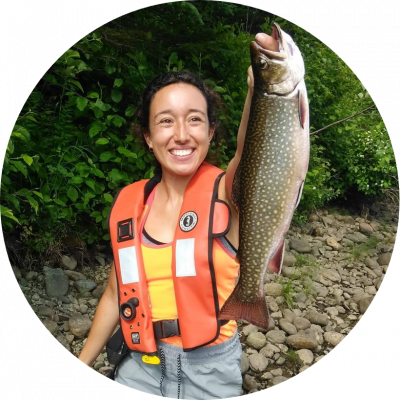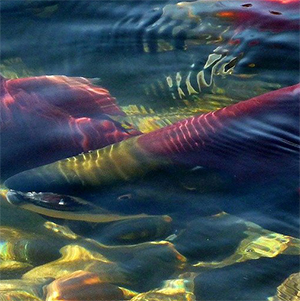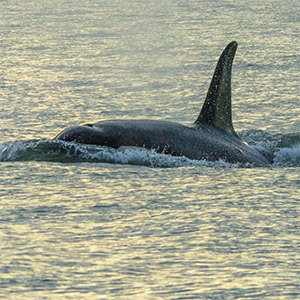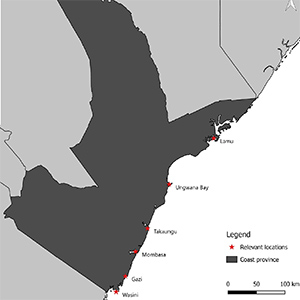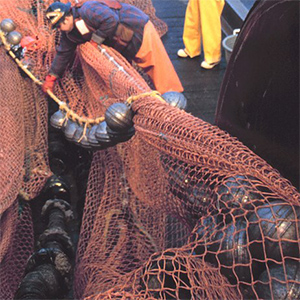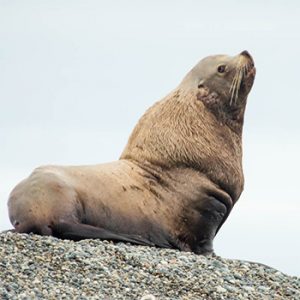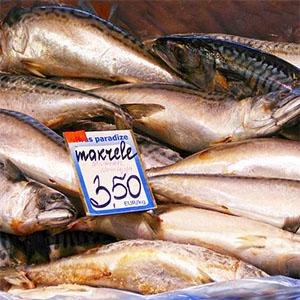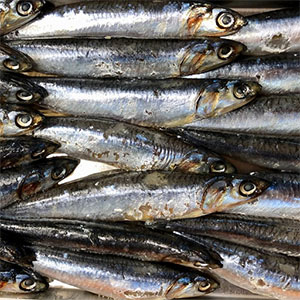STUDENT PROFILE: Samantha Ramirez
I’m creating a model that will predict the hypoxic conditions of freshwater streams years from now. This will help governmental organizations know where to focus their conservation efforts in terms of which streams are going to be the most impacted by our changing environment, said Ramirez.
STUDENT PROFILE: Meaghan Efford
With a background in archaeology, Efford been able to put her unique skillset to use working with the Tsleil-Waututh Nation to create a model of the Burrard Inlet’s pre-colonial contact aquatic ecosystems.
Salmon diet database gives researchers a new “window into the lives of salmon”
The database fill gaps in scientists’ understanding of the late marine phase of the salmon life cycle
What’s Killing Killer Whales?
Despite there being no singular common cause of death, the study found a common theme: Human-caused deaths occurred in every age class — from juveniles to subadults and adults.
FCRR: Ecosystem modelling to support fisheries management efforts in the Nyali-Mombasa area, coastal Kenya
Part of the Sustainable Poverty Alleviation from Costal Ecosystem Services project (SPACES), this research addresses how we can best develop sustainable, effective fisheries decisions, while preserving the livelihoods of fishers and their dependents
China’s policy efforts to limit bottom trawling are not working
By tracking the changes in China’s bottom trawl fishing policies from the 1950s to today and found that these policies are not working
SPOTLIGHT: Marine Mammal Energetics and Nutrition Lab carries on with research despite COVID-19 setbacks
“It just means we have to be creative to keep research going,” said David Rosen, assistant professor and principal investigator
Dr. William Cheung awarded E.W.R. Steacie Memorial Fellowship
Steacie Fellowships recognize early-stage academic researchers and to support them to enhance their research capacity as they become leaders in their field and inspire others.
Q & A: The EU needs to end its provision of harmful fisheries subsidies
“The problem with harmful fisheries subsidies is that although they might support job security and raise income… they undermine a renewable resource that is technically owned by everyone. Fishing can’t exist without the fish.”
Management of exploited transboundary fish stocks requires international cooperation
With an average catch of 48 million tonnes per year, and USD $77 billion in annual fishing revenue, transboundary species support critical fisheries, and require international cooperation to manage.
